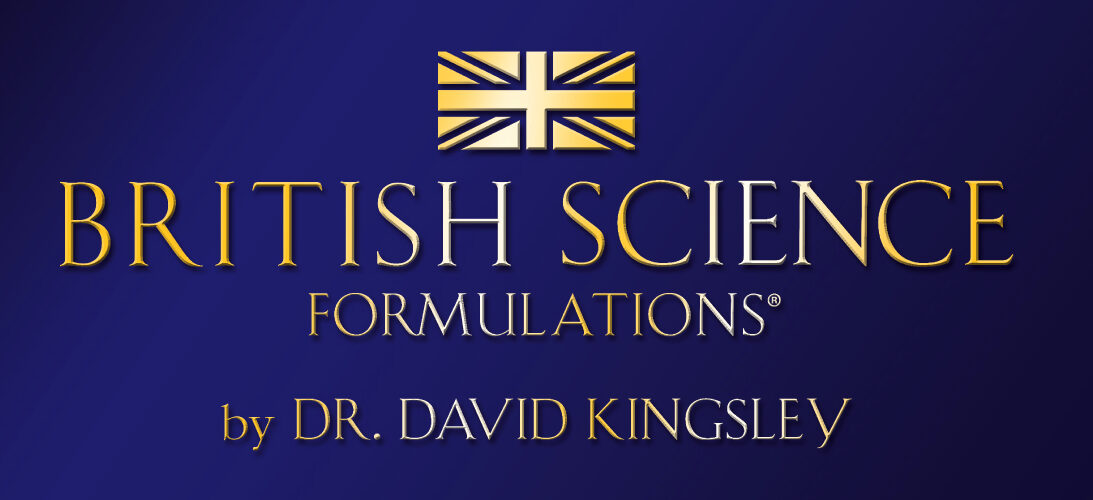Your hair needs a plentiful supply of protein, energy producing
molecules (carbohydrates) and certain
vitamins and minerals for optimal growth to occur. As
the hair follicle is a nonessential tissue and, therefore,
one of the last tissues to receive nutritious substances
(or the first to have them reduced), any long-term
deficiencies may lead to premature hair loss.
Also, hair is one of the fastest-growing tissues in the
body. If you pulled together all the hair that grows
on your scalp in a month to form a single strand, the
strand would be approximately 3/4 mile or 1 kilometer
in length! Any nutritional disturbance to the hair
follicle can cause an increase in shedding and slower
regrowth.
Dr. David Kingsley’s solutions for Diet Induced Hair Loss:
1. Protein.
Protein is a building block for hair growth. I suggest
that you should eat at least 5 ounces (approximately
150 grams) of protein a day. You can eat protein in
many forms, including meat, chicken, fish, beans, eggs,
cheese and tofu. Because your hair is made of 80 to 95
percent protein, this is an important area of your diet.
2. Amino acids.
Amino acids are substances that make proteins. I
suggest taking 500 milligrams of l-lysine and 250
milligrams of l-cysteine per day.
3. Carbohydrates.
Carbohydrates help supply energy for hair growth.
Glucose, a simple carbohydrate derived from more
complex carbohydrates such as fruits, vegetables,
bread, pasta and rice, is used by our cells to make
energy (called ATP). You need to eat regularly (every
four hours) to maintain adequate energy levels for your
hair follicles. I suggest you either eat six small meals
per day or have three meals supplemented with small
snacks in between.
4. Protein/Carbohydrate Diet.
Although I suggest protein in your diet, I do not
advocate very high-protein,low-carbohydrate diets.
I believe your hair needs a balance. With too little
protein, your body may lack the raw materials to build
your hair; with too little carbohydrates, your body
may lack enough “fuel” to drive the machinery that
produces your hair.
5. Minerals.
Iron deficiency is a major cause of hair loss especially in
women or men who are vegetarian. So if you are iron
deficient or anaemic, then taking iron could be helpful
for your hair. To find out whether you are iron deficient
or anaemic, see your physician for a blood test. Other
important minerals for healthy hair functioning are: zinc
(found in seafood and cereals), silica (found in potatoes,
red and green peppers and bean sprouts), magnesium
(found in green vegetables and nuts), and essential fatty
acids (such as omega fatty acids found in fish).
6. Vitamins.
An adequate amount of B complex vitamins–such as
biotin (100 to 500 micrograms per day), vitamin B12
(25 to 200 micrograms per day) and folic acid (200 to
400 micrograms per day)–can help the hair. Biotin can
be found in oatmeal, egg yolk and soy; vitamin B12
in dairy, meat, and fish; and folic acid in beans, grains,
vegetables and fruit.
Vitamin D, found in milk, fish, eggs and mushrooms
may also be helpful for hair growth. Take 400-800
International Units per day.
Beware of taking too much vitamin A (in excess of
25,000 IU per day). It can cause hair loss if taken in
extremely high dosages.
7. Lifestyle Diet.
I suggest that you follow a general lifestyle diet rather
than continually dieting as rapid weight gain or loss
can cause hair loss. This means that you should try
and eat balanced meals every day, not just when you
decide to go on a diet. Frequent (six) small meals or
three meals supplemented with regular snacks are the
best type of “lifestyle diets”.
8. See Healthcare Provider
Consult with a knowledgeable healthcare provider
for advice about eating a balanced diet or taking
supplements.
Please call 718-698-4700 to make an appointment to see Dr. Kingsley.
©2018 British Science Corporation
